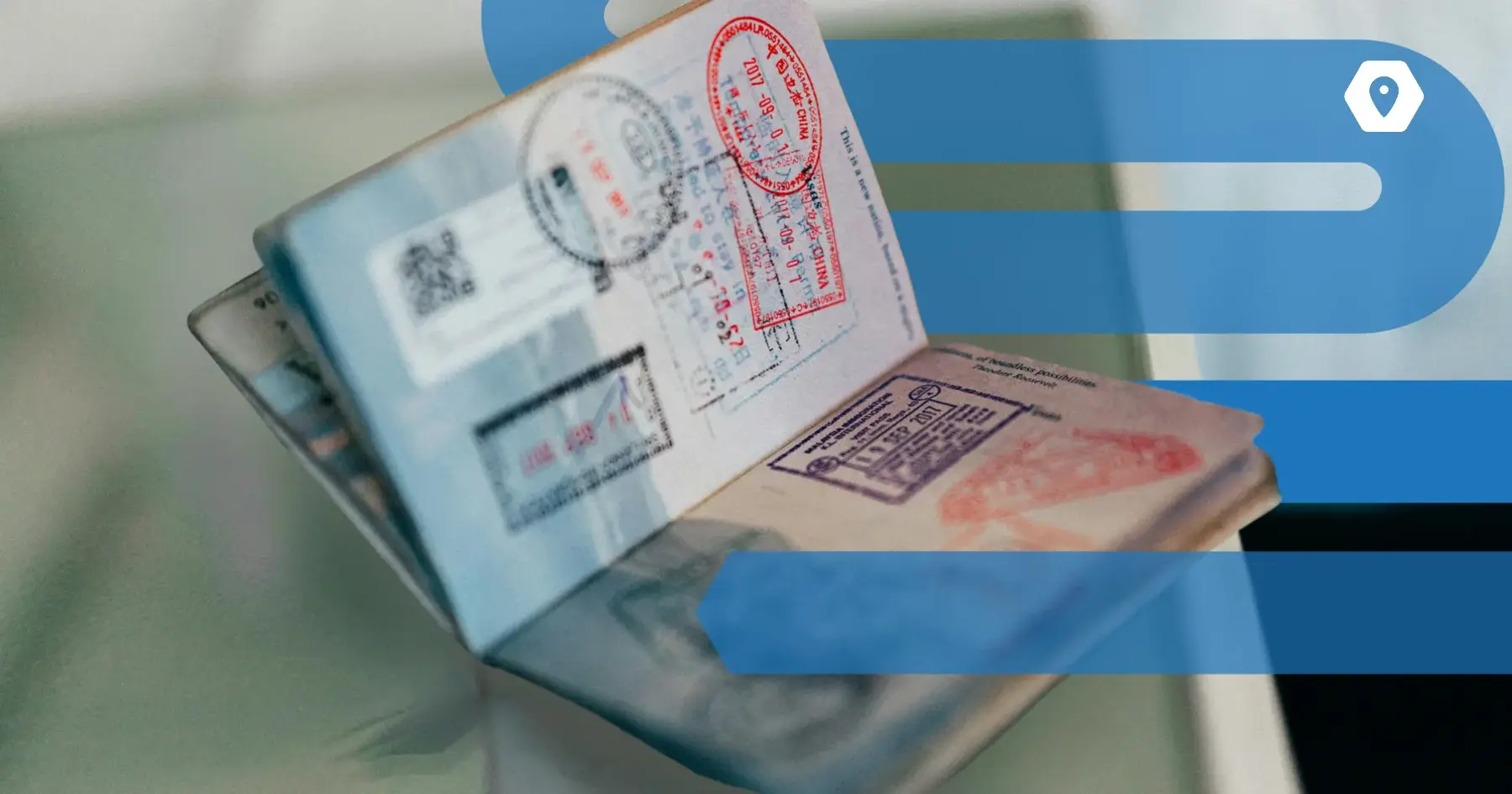Key Takeaways
Sweden’s Startup and Self-Employment visas remain excellent pathways for talented entrepreneurs seeking to establish innovative businesses. For HR teams managing employee relocations, these visas present unique opportunities and challenges. Supporting entrepreneurial employees through the visa process requires a clear grasp of the eligibility, financial expectations, and how best to prepare a strong application. Note that while core requirements for self-employment permits are stable, Sweden's labor immigration reforms from June 1, 2026, introduce stricter overall controls, focusing on highly skilled labor and wage thresholds—though these primarily impact employee work permits rather than self-employment.
Key Eligibility Requirements
- Business Ownership and Management: The applicant must own at least 51% of the business and demonstrate crucial responsibility for its operations.
- Relevant Experience: Proof of good experience in the industry and in running a business, including skills, background, and established customer contacts or networks.
- Language Proficiency: Relevant knowledge of Swedish or English; very good Swedish may be required if the business involves significant local supplier or customer interactions.
- Credible Business Plan: A realistic budget and financial evaluation showing the business's viability and contribution to the Swedish economy; for startups, emphasize scalability where applicable.
- Business Registration: The startup or business must be registered in Sweden, with supporting documents like a certificate of incorporation.
- Residence and Work Eligibility: The visa allows living and working in Sweden to develop and run the business.
HR can assist by verifying the employee’s role aligns with these requirements, ensuring at least 51% ownership, and gathering necessary documents to demonstrate business viability and experience.
Financial Requirements
- Proof of Sufficient Funds: Applicants must show at least SEK 200,000 in a personal bank account (transferable to Sweden) to support themselves for up to two years without relying on Swedish welfare. Additional funds are required for family: SEK 100,000 for a spouse and SEK 50,000 per child.
- Investment Capital: Sufficient personal funds to cover business startup costs, investments, and operations; loans are generally not accepted as proof.
- Ongoing Business Funding: Clear plans or evidence of sustained financial support for the business, backed by balance sheets, profit/loss statements, or annual accounts if the business pre-exists.
HR teams should help entrepreneurs organize financial documentation, such as bank statements and business budgets, and provide advisory support on meeting the SEK 200,000 maintenance threshold.
How HR Can Support Application Planning
- Pre-Application Guidance
- Help employees understand visa criteria, including 51% ownership and language needs, and deadlines.
- Coordinate with legal or immigration experts for tailored advice, especially regarding June 2026 reforms.
- Document Collection & Review
- Assist with compiling proof of business plans, registration documents (e.g., incorporation certificates), financial evidence (e.g., SEK 200,000 bank statements), and experience proofs (e.g., prior employer certificates).
- Review applications to ensure completeness, relevance, and translation into Swedish or English.
- Internal Coordination
- Collaborate with finance and legal departments to verify funding, compliance, and business viability.
- Facilitate timely submission (online or via power of attorney) and track visa status, noting processing times of around 20 months.
- Post-Approval Integration
- Plan onboarding and integration programs for entrepreneurial employees in Sweden.
- Offer continued support for residence permit extensions (up to 2 years initially), renewals, and compliance, including preparation for permanent residency after four years.
Conclusion
Sweden's Startup and Self-Employment visa schemes offer significant opportunities for entrepreneurial talent and the companies that support them. HR teams that proactively engage in guiding employees through eligibility verification (e.g., ownership and experience), financial preparation (e.g., SEK 200,000 threshold), and thorough application submission will foster successful entrepreneurial relocations. With the right preparation and support mindful of the June 2026 labor immigration tightening relocating startup founders and self-employed employees to Sweden in 2026 can be an empowering experience that benefits both the individual and the organization.
Disclaimer:
Immigration laws and policies change frequently and may vary by country or nationality. While we strive to provide accurate and up-to-date information, we recommend doing your own due diligence or consulting official sources. You're also welcome to contact us directly for the latest guidance. Jobbatical is not responsible for decisions made based on the information provided.


.svg)






.svg)
